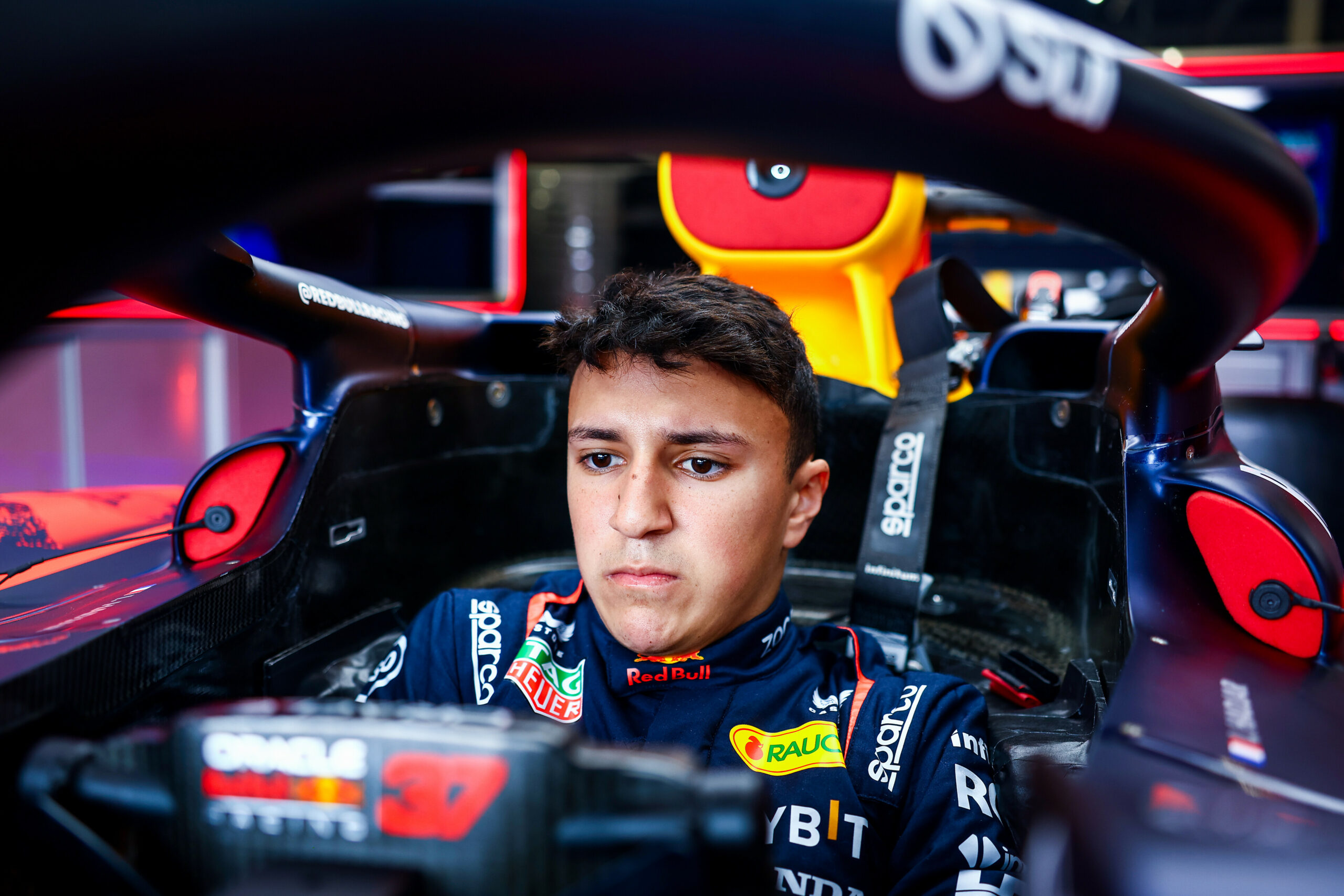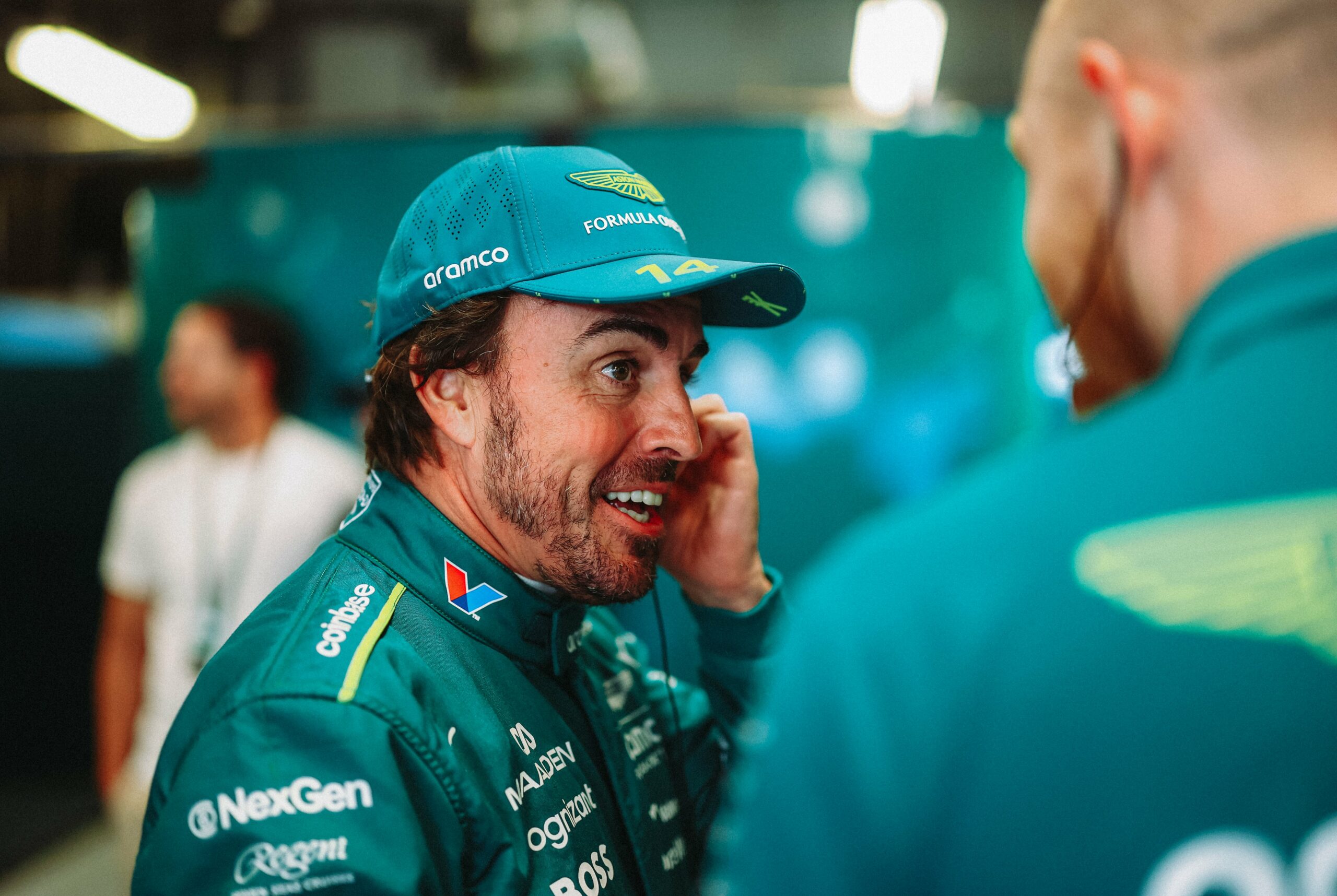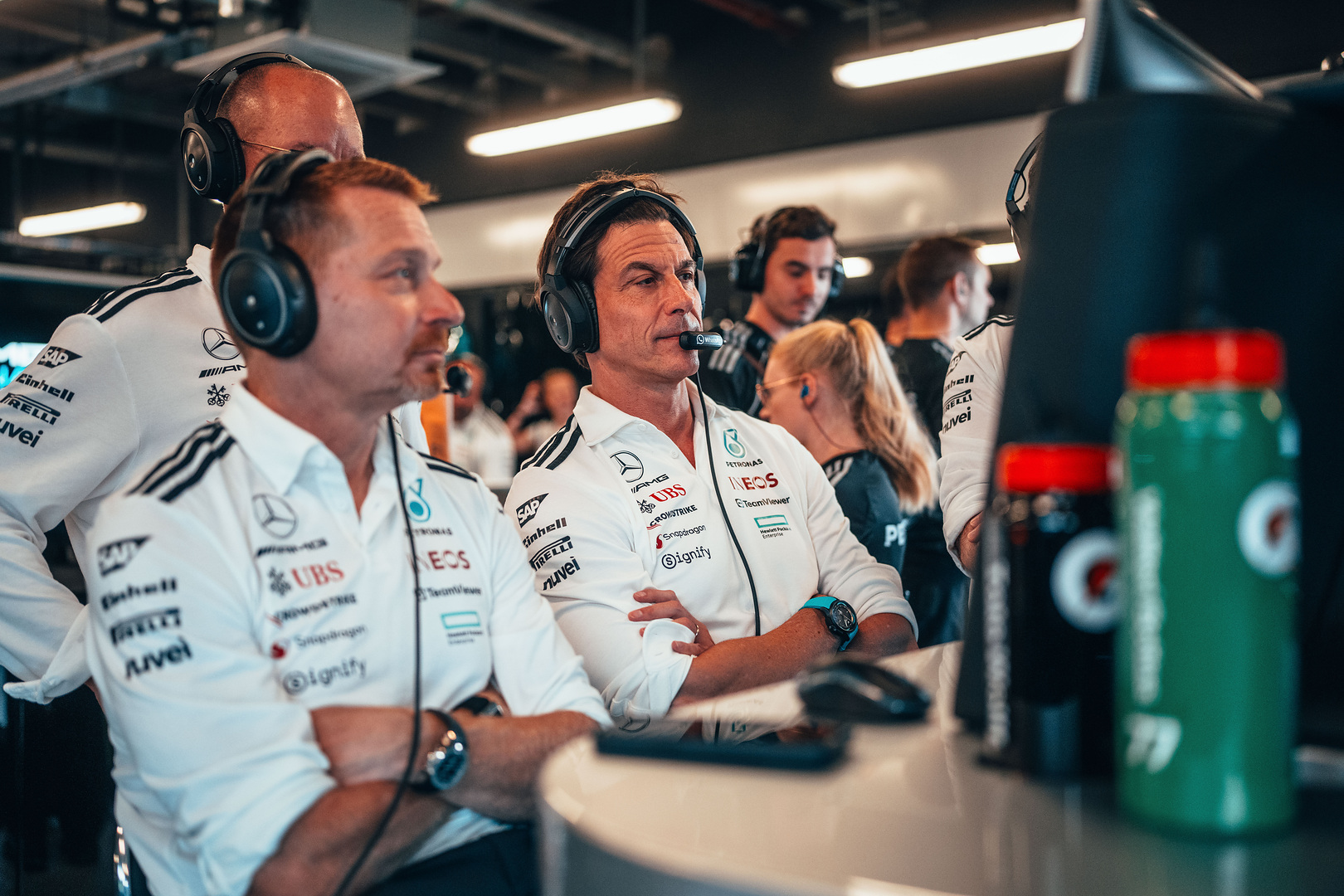The F1 Commission convened for the fourth time this year today, in Faenza, Italy. In the meeting chaired by FIA Single-Seater Director Nikolas Tombazis and F1 President and CEO Stefano Domenicali, further tweaks to the technical, sporting, and financial frameworks of the 2026 regulations were announced. Additionally, clarifications were provided regarding the concept of the “rookie race” and its future prospects.
In the previous F1 Commission meeting held in July, the FIA and the teams reached a consensus regarding the overall strategic objectives of the 2026 regulations—achieving fast and closer racing that will continue to engage and excite fans. However, the concerns that were raised by the teams on the specific issue of aerodynamic performance and its diminished potential after the first outline was presented in June had yet to be resolved.
According to the statement released by the F1 Commission today, the timeline and structure of the impending regulation change scheduled for 2026 were further discussed. Several modifications have been made to the previous iteration of the regulations, targeting the areas of performance, aerodynamics, and safety.
Moreover, a particular clause that was heavily endorsed by the teams—increased aerodynamic performance levels on the next-generation cars—has been added to the revised proposal.
“Following discussions during recent Technical Advisory Committee meetings, and ongoing talks with Formula One teams, a number of amendments to the 2026 Technical Regulations in the areas of performance, aerodynamics and safety have been included in the latest iteration of these Regulations.
“These involve an increase of the expected aerodynamic performance of the cars following extensive collaboration between the teams and the FIA over the last few months.”
The F1 Commission also came to an agreement on the 2026 sporting regulations and confirmed that pre-season testing would comprise three separate three-day tests in order to provide the teams ample time to get up to speed with the new power units.
“The 2026 Sporting Regulations have undergone a significant re-vamp, seeking to simplify their structure. In terms of substance, the 2026 pre-season test schedule will involve three, three-day tests, in recognition of the challenges presented by the new Power Unit Regulations.”
In terms of the financial aspects of the regulations, the Commission offered clarification that the new regulations would be an evolution of the current ones, with increased efforts to strike a balance between sporting fairness and financial sustainability.
“The 2026 Financial Regulations will be an evolution of the current regulatory framework. The objectives of the 2026 regulations are to provide a competitive balance between sporting fairness and financial sustainability.”
These regulatory changes, however, are subject to approval by the World Motor Sport Council, which will gather on October 17.
On a different note, F1’s plans to host their first post-season rookie sprint race this December in Abu Dhabi have been scrapped for the time being. Although the concept to organise a 10-car sprint contest to give rookies more mileage in current F1 cars generated widespread enthusiasm, it was agreed upon in the meeting that hosting the event on such short notice would pose significant logistical challenges.
At the same time, the F1 Commission offered assurance that they would revisit the plans for next year’s post-season tests with adequate time to flesh out the concept and work out the organisational hitches.
“The concept of a “rookie race” to be added to the 2024 post-season test schedule at Abu Dhabi was discussed.
“While the concept received widespread support, it was determined that due to timing and organisational constraints, the event would not take place in 2024, and discussions will continue to formulate a potential concept and plan for 2025.”





